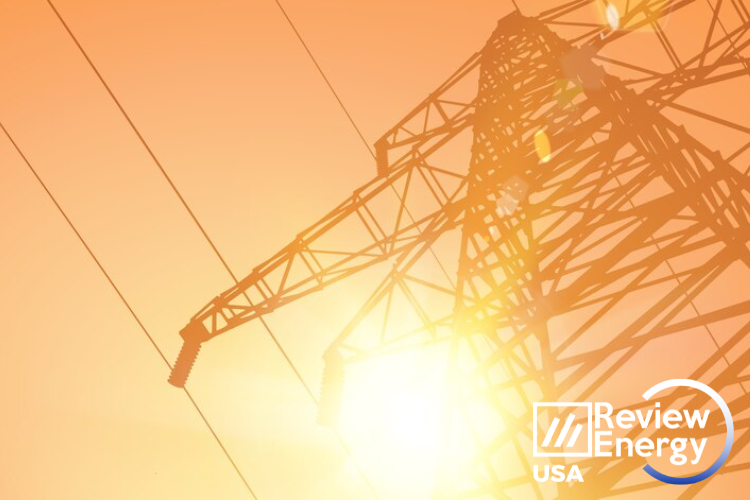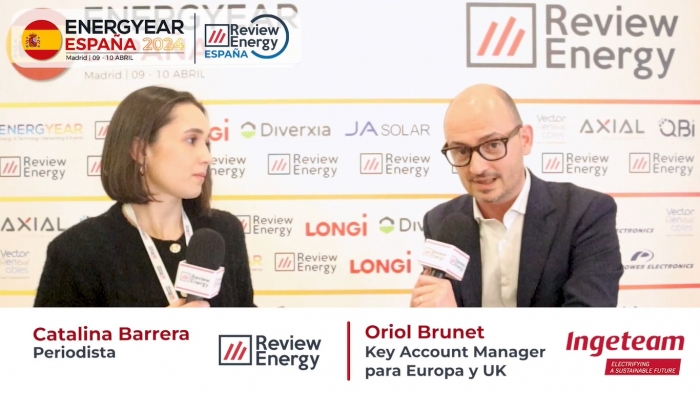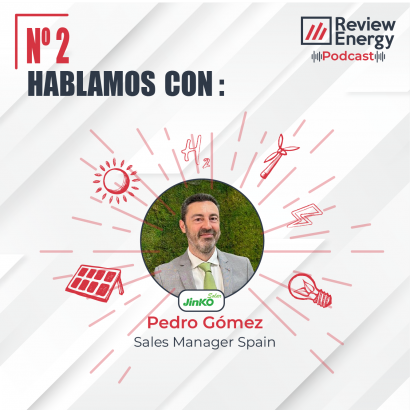
White House unveils NEPA reform to fast-track clean energy projects
The White House Council on Environmental Quality (CEQ) has completed a rule aimed at overhauling, streamlining, and updating the federal environmental review procedure outlined in the National Environmental Policy Act (NEPA).
The new rule will leverage over $1 billion from President Biden’s Inflation Reduction Act to hasten federal agency permitting. The goal is to expedite environmental reviews while upholding stringent environmental safeguards, fostering community involvement, and enhancing coordination with states, tribes, and local authorities.
CEQ’s Bipartisan Permitting Reform Implementation Rule fully implements new permitting efficiencies that the President secured in the Fiscal Responsibility Act of 2023, including setting clear deadlines for agencies to complete environmental reviews, requiring a lead agency and setting specific expectations for lead and cooperating agencies, and creating a unified and coordinated federal review process.
In addition to implementing the Fiscal Responsibility Act, the rule provides agencies with other new and faster tools to improve the efficiency and effectiveness of environmental reviews. For example, it creates new ways for federal agencies to establish categorical exclusions, the fastest form of environmental review. The rule will also help accelerate reviews for projects that agencies can evaluate on a broad, programmatic scale, or that incorporate measures to mitigate adverse effects. These updates will help industry by speeding up environmental reviews and providing more certainty when they are designing projects.
Finally, the new rule promotes early public engagement in environmental review processes to help reduce conflict, accelerate project reviews, improve project design and outcomes, and increase legal durability. Together, these reforms will help accelerate permitting for everything from wildfire management and electric vehicle charging infrastructure to high-speed internet and semiconductor manufacturing.
“President Biden has unleashed historic investments to build our clean energy future, make long-overdue infrastructure upgrades across the nation, and deliver benefits to communities that have been historically left behind,” said Brenda Mallory, Chair of the White House Council on Environmental Quality. “These reforms will deliver smarter decisions, quicker permitting, and projects that are built better and faster. As we accelerate our clean energy future, we are also protecting communities from pollution and environmental harms that can result from poor planning and decision making while making sure we build projects in the right places.”
A breath of fresh air for the industry
In the past three years, the Solar Energy Industries Association (SEIA) has submitted numerous comments to CEQ on the reforms needed to improve the permitting process for renewable energy projects on public lands. Finally, the White House has responded to the industry's demands.
According to Abigail Ross Hopper, president and CEO of SEIA, "these rules implement both time and page limits for environmental reviews and authorize the agencies to take a more collaborative approach to the permitting process. CEQ also codified a long overdue Congressional directive to consider environmental justice during these reviews, helping to advance the solar and storage industry’s efforts to center equity and justice in energy policymaking decisions."
Ross Hopper added that the rules should also prevent lengthy reviews for lower impact infrastructure projects, freeing up valuable agency resources. This will make it faster to build a variety of projects on federal lands from solar and storage facilities to new carbon capture ventures.
For his part, Jason Grumet, CEO of the American Clean Power Association (ACP), explained that "there’s broad agreement, across industries and political aisles, that it simply takes too long to build critical infrastructure in the United States. Clean energy generation and transmission projects can sit in limbo for a decade, and it regularly takes longer to permit a project than it does to build it."
Grument stated that this new action is a step toward improving our nation’s permitting processes, but much work remains to achieve the permitting goals set forth in the Fiscal Responsibility Act of 2023.








Comentarios
Sé el primero en comentar...